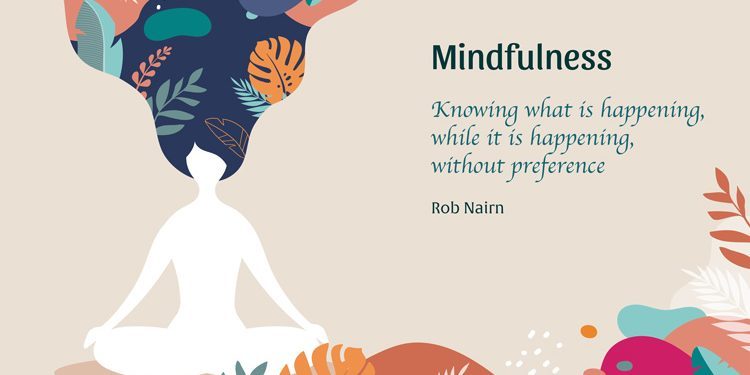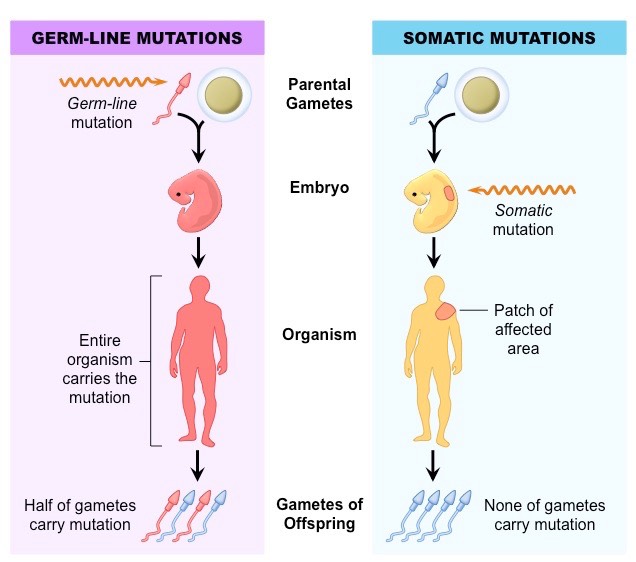
Of course, our anger is often not noticed. But, if our mind can be quietened and we take the time to notice it, we can find a way to better manage it. Grounding, a technique for meditation, can be practiced. This special sleep induction is designed to help you enter the REM stage of sleep, where your subconscious can make lasting changes. To calm your anger, you might want to try this exercise.
First, imagine a small incident that angered you. Relive the moment. Take note of any negative emotions you experienced during the incident. After a few more minutes, you'll be able to go back to the same scene and do it again. You will learn how to recognize the anger you feel and what you can do to cope. Meditation can help you recognize anger and calm down.

Meditation can help you recognize anger and other emotions. Anger is a limiting emotion that clouds your mind and crimps your ability to think clearly. Regular meditation will help you reduce fear and anxiety. Embracing anger is like stepping on a time bomb, and meditation will help you navigate the emotions that lead to an outburst. Through mindfulness, you'll learn to recognize when your mind is reacting to a situation with compassion.
You can meditate when you feel angry and need to act. You can start by opening your eyes and taking deep breaths. Next, you can start to notice your thoughts. You'll be able to observe your thoughts and feelings and alter the way you react. When you master this technique, your mind will be more energetic to deal effectively with anger situations. You'll be able to recognize when anger is a sign of weakness, calm down, then take action.
To master anger management, you must keep your mind clear. To live a balanced and healthy life, it is important to be able to calm your mind as well as your body. You can think of creative solutions when your mind is clear. This will allow you to live a productive, happy life. Meditation is the best way to reach this place. Meditation will allow you to access your inner wisdom. This will enable you to improve your daily life.

Meditation can help you manage your anger. Meditation requires that the practitioner focuses their attention on the task at issue. It is important to be mindful of thoughts that can distract you while you meditate. It is common for your mind to wander while you concentrate on a task. This can cause you to lose concentration. Focusing on a task can be as easy as taking a deep breath.
FAQ
Why is it so important to improve our emotional health?
Well-being and happiness are tied to emotional well-being. A person who isn't emotionally well will be unable to perform at their best. People with depression are often unable to work efficiently. They may also experience anxiety, panic attacks, insomnia, and other symptoms. These conditions can often be successfully treated with medication and therapy.
What are some examples of mental-emotional problems?
Any condition that causes distress or impairment to functioning is called a mental disorder. Examples of mental disorders include depression, anxiety, bipolar disorder, schizophrenia, borderline personality disorder, obsessive-compulsive disorder, post-traumatic stress disorder, eating disorders, substance abuse, and others.
What affects my mental health on my relationships and friendships?
Your mental state can impact every aspect of your personal and professional life. It can affect your ability and willingness to work at all levels. It can be difficult to build meaningful relationships due to mental health issues.
If you are dealing with a mental disorder, it can be easy to isolate yourself. Because you feel that no one understands, you may avoid social situations.
People want to be near you. You just have to be approachable.
If you are having difficulty connecting with others, talk to them about it. Talk to them about your feelings and get their opinion.
How can you improve your wellbeing?
"Wellbeing" is defined as "the state that you are physically, mentally and spiritually happy." Our well-being is affected by many factors, including family, work and health. Your first step to bettering your well-being, is to identify the areas in your life that require improvement. Next, take steps to improve these aspects.
Here are five tips to boost your well-being.
-
Exercise - Exercising makes you happier.
-
Sleep - More than 6 hours sleep per night can reduce stress and anxiety.
-
Nutrition – Eating healthy food (such as fruits or vegetables) will improve your mood.
-
Meditation – Regular meditation reduces anxiety and stress.
-
Socialization: Spending quality time together with our families and friends makes us happy.
How can I prevent my mental health problems from happening?
It is not easy to prevent mental health problems. These are some tips to remember:
-
Don't drink alcohol. The effects of alcohol on moods can lead to depression.
-
Avoid drugs. Drugs can affect your brain chemistry and make you feel worse.
-
Sleep enough. Sleep deprivation can make you feel anxious and depressed.
-
Exercise regularly. Exercise can release endorphins, which make you happy.
-
Healthy foods are the best. Eating junk food can make you feel sluggish and unhappy.
-
Spend quality time with loved ones. Spending time with those you love can improve your mood.
-
Have fun. Enjoy life and try new things.
-
Social media can be exhausting. Social media sites can make you feel lonely and isolated.
-
Be kind to yourself. Treat yourself nicely, even if you aren't feeling great.
-
Ask for help. Ask for help if it's difficult to cope. Talking to someone you trust can be a help.
-
Remember that it's okay to cry. Crying helps to relieve tension and stress. It doesn't necessarily signify that something bad has happened.
-
Keep busy. Do something that you love.
-
Good hygiene is essential. Poor hygiene can make you feel unkempt and unattractive.
-
Stay connected. Staying connected will help you stay positive.
-
Learn how to relax. Meditation and yoga are two relaxation techniques that can help you deal with stress better.
-
Find meaning in your work. Finding meaning in your hobbies or work can help you feel fulfilled.
-
Keep your eyes on the present moment. Concentrate on the present moment and you won't be so worried about the distant future.
-
Set goals. It can be motivating to set goals.
-
Do something nice to yourself. You can improve your self-esteem by doing something nice for you.
-
Practice gratitude. Gratitude is a way to be grateful for all the good in your daily life.
-
Volunteer. Volunteering can be an enjoyable way to spend time and make a difference in the world.
-
Give back. Giving back to others can make you feel fulfilled.
-
Pay attention to warning signs. Do not hesitate to seek help if you notice changes in your behavior.
Statistics
- According to the National Alliance of Mental Illness (NAMI), one in five Americans experiences mental health issues which translates to more than 40 million adults a year. (doctorondemand.com)
- In any given year, an estimated 18.1% (43.6 million) of U.S. adults ages 18 years or older suffered from any mental illness, and 4.2% (9.8 million) (healthypeople.gov)
- Similarly, for positive mental health, there is likely to be substantial agreement about some typical components (e.g., resilience to stress) 6, and controversy about more atypical components (e.g., career consolidation). (ncbi.nlm.nih.gov)
- It does have some influence, but not nearly as much as we might think, so focusing less on attaining wealth will likely make you happier (Aknin, Norton, & Dunn, 2009); (positivepsychology.com)
- Similarly, while there is some agreement about the boundaries of typical mental disorders 2, there is likely less agreement about those for positive mental health. (ncbi.nlm.nih.gov)
External Links
How To
What is the best way to improve your mental health?
Mental health refers primarily to your mental state and emotional well-being. It affects your mood, behavior, thoughts, actions, relationships, sleep, eat and work.
Mental health is an important topic for everyone. Mental health is often associated with depression. Depression is a serious illness that affects millions of Americans every year.
A medical doctor must treat depression, which is known as clinical depression. There are several types of depression.
The National Institute of Mental Health defines depression as "a common mood condition that is characterised by a depressed mood almost every day, loss of interest and pleasure in almost any activity, guilt or low self worth, disturbed sleep or appetite, poor focus, and thoughts of death, suicide, or other mental disorders."
There are many ways that people experience depression. Some may feel sad, hopeless, irritable, anxious, guilty, worthless, tired, unmotivated, and unable to concentrate. Others may feel empty, restless or agitated. Others may not feel anything at all.
Depression is treatable. There are many treatments for depression, including medication, psychotherapy as well as diet and lifestyle modifications that can help. If left untreated depression can cause severe problems at work, home, and in relationships.
Depression is more common for women than for men, though it can also affect boys and girls. Depression is the number one cause of disability in the world for women and men between the ages of 15 and 44.